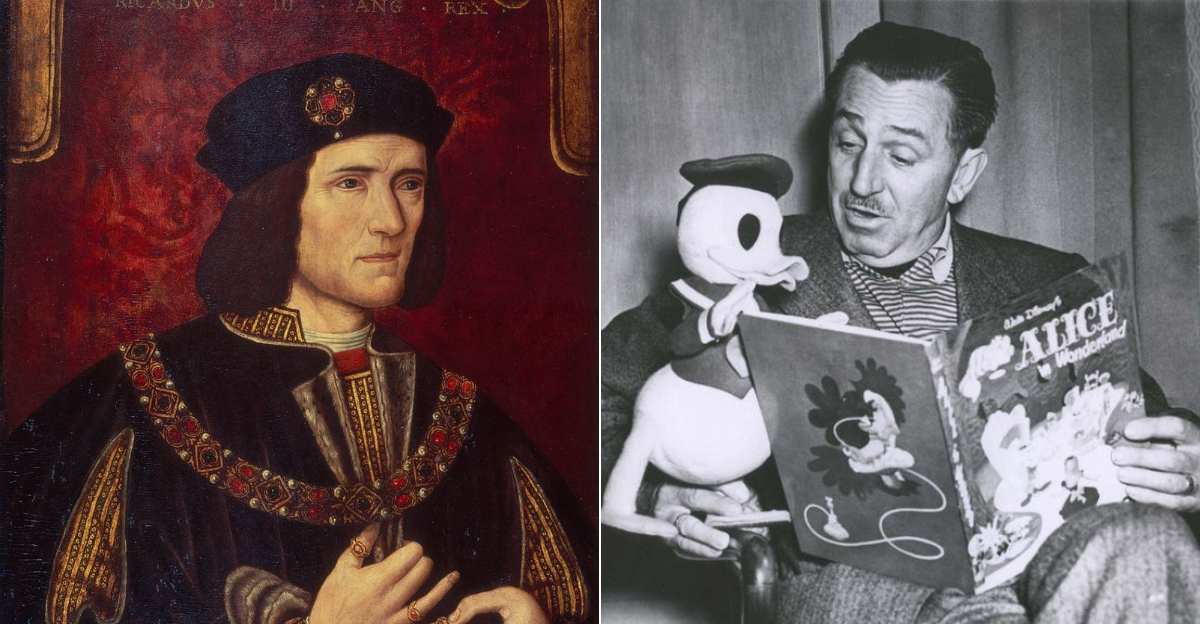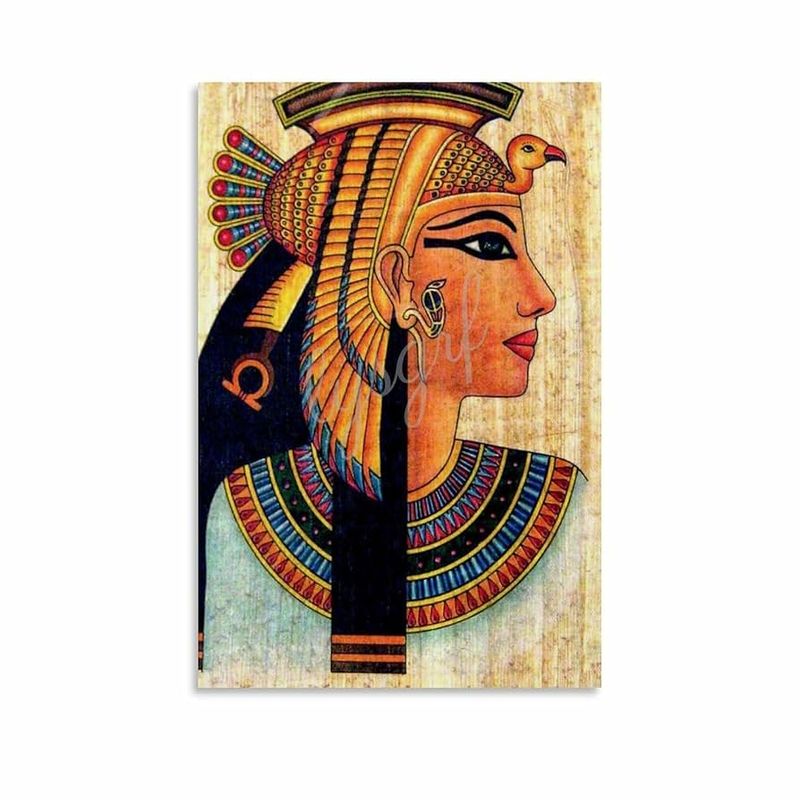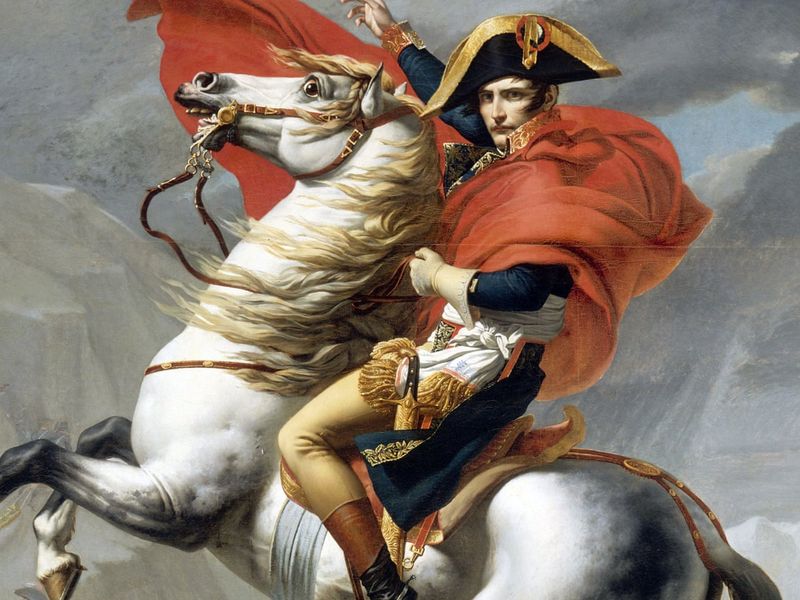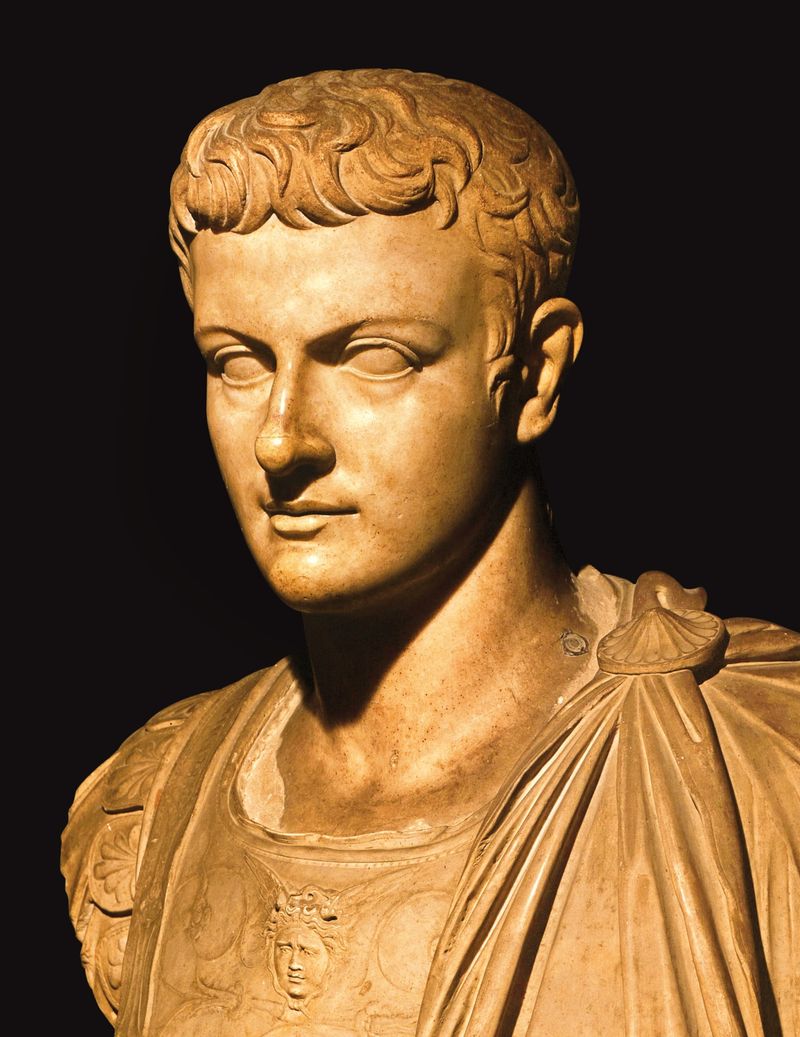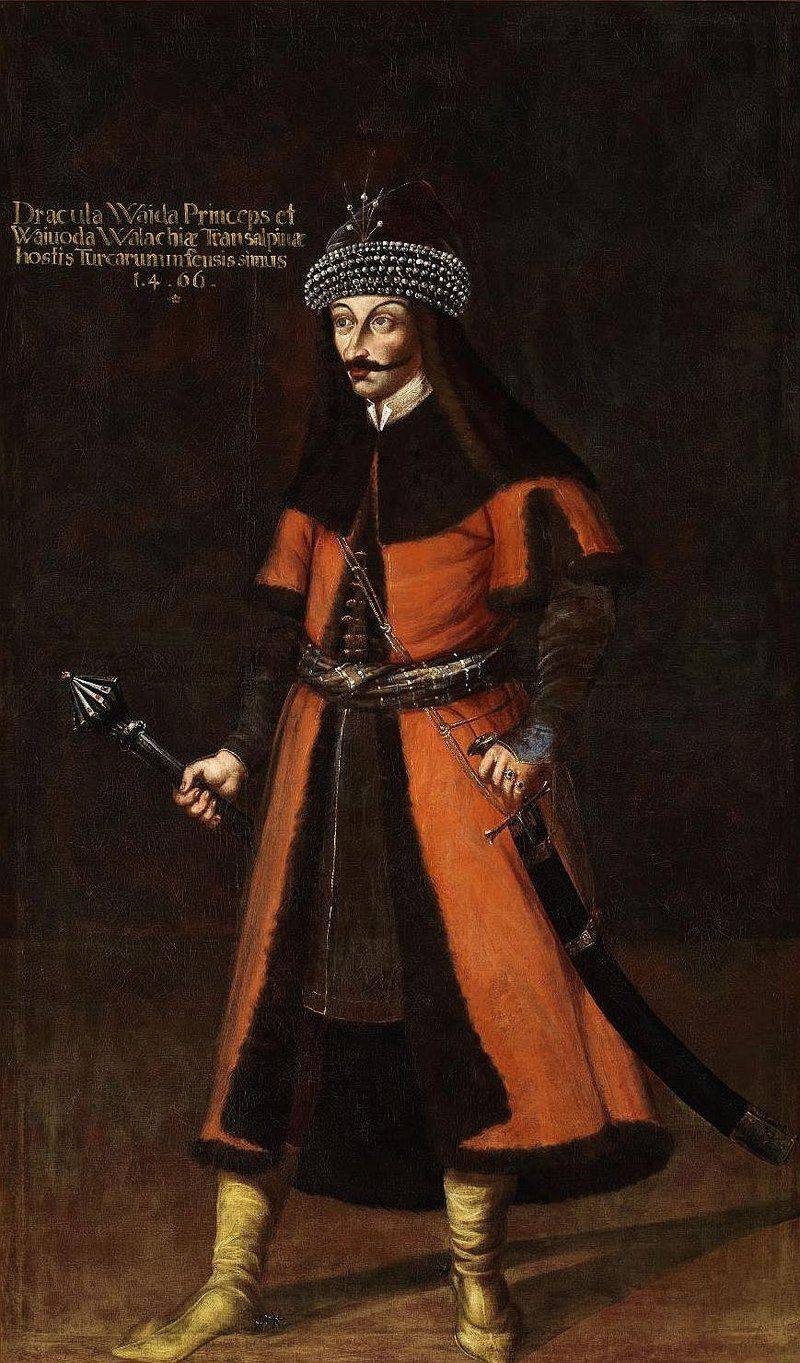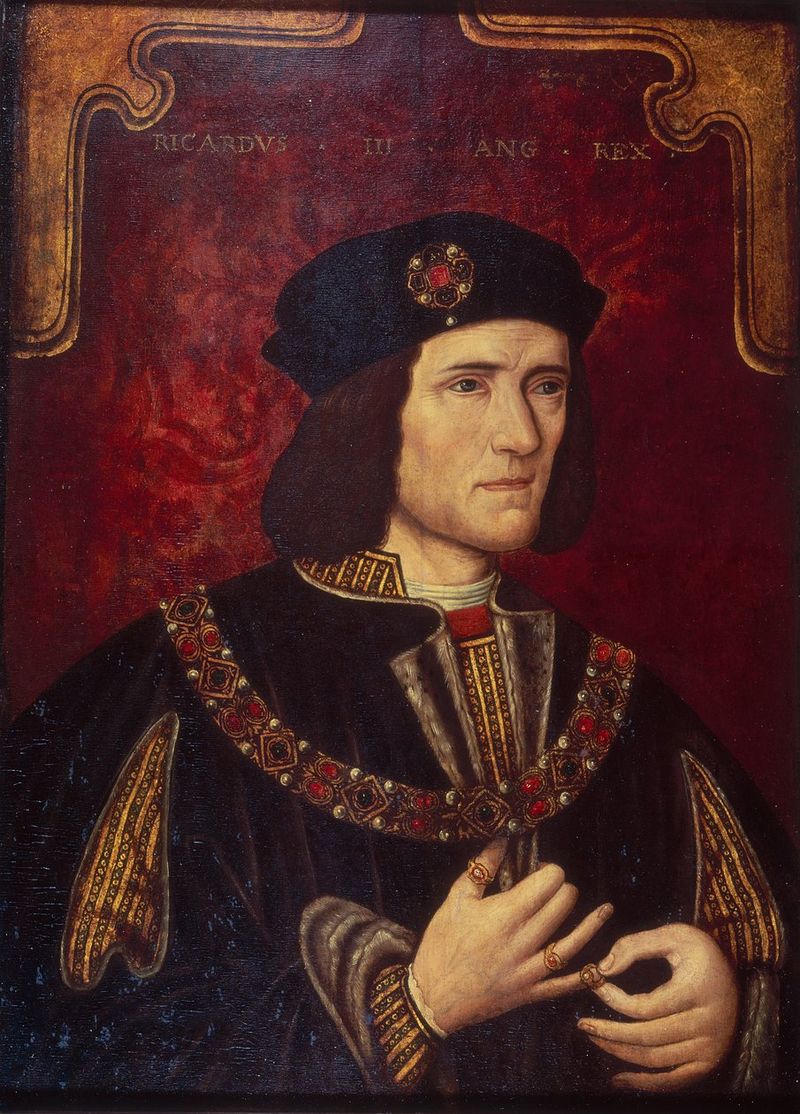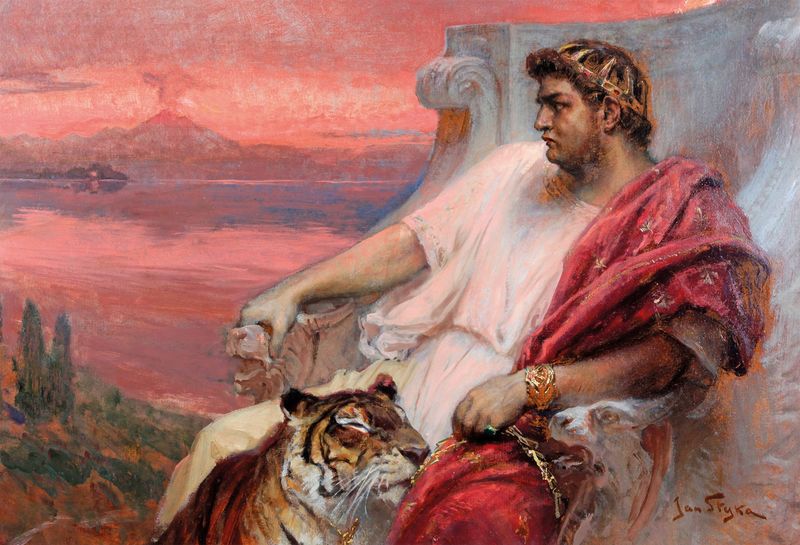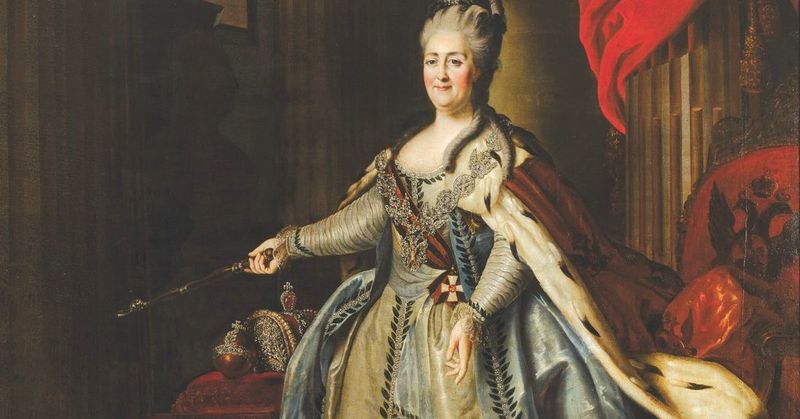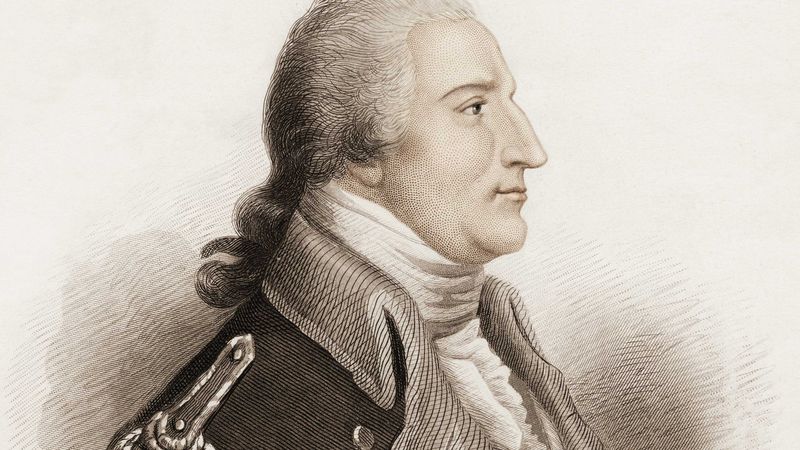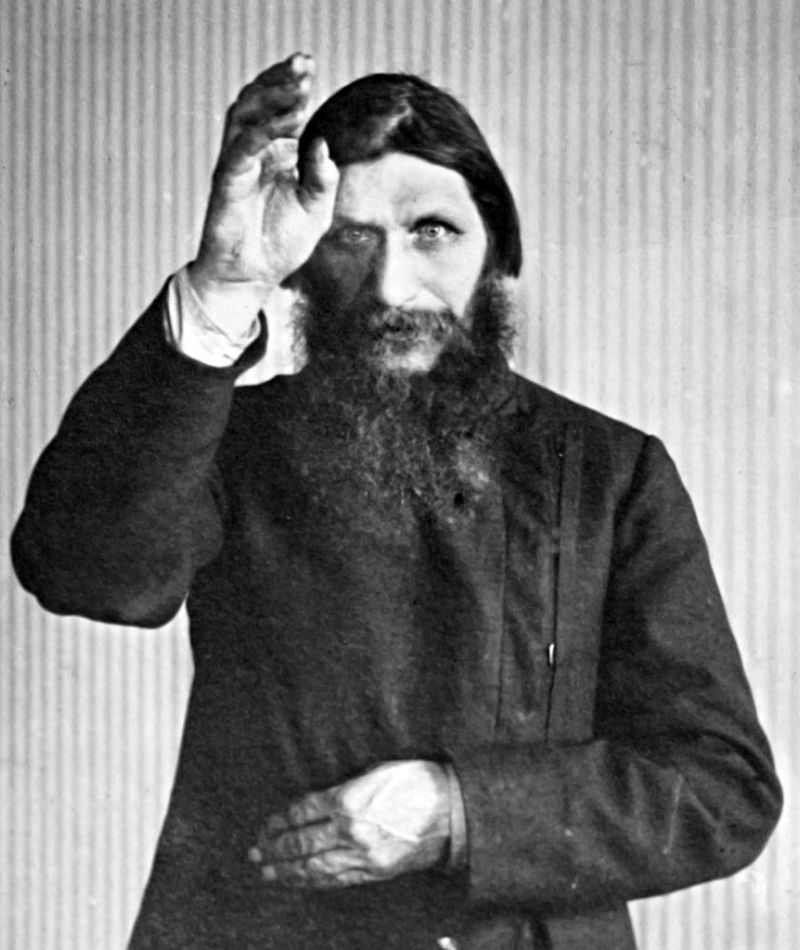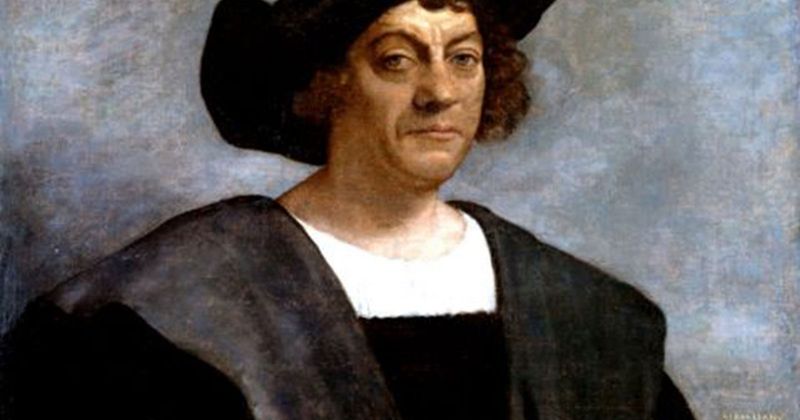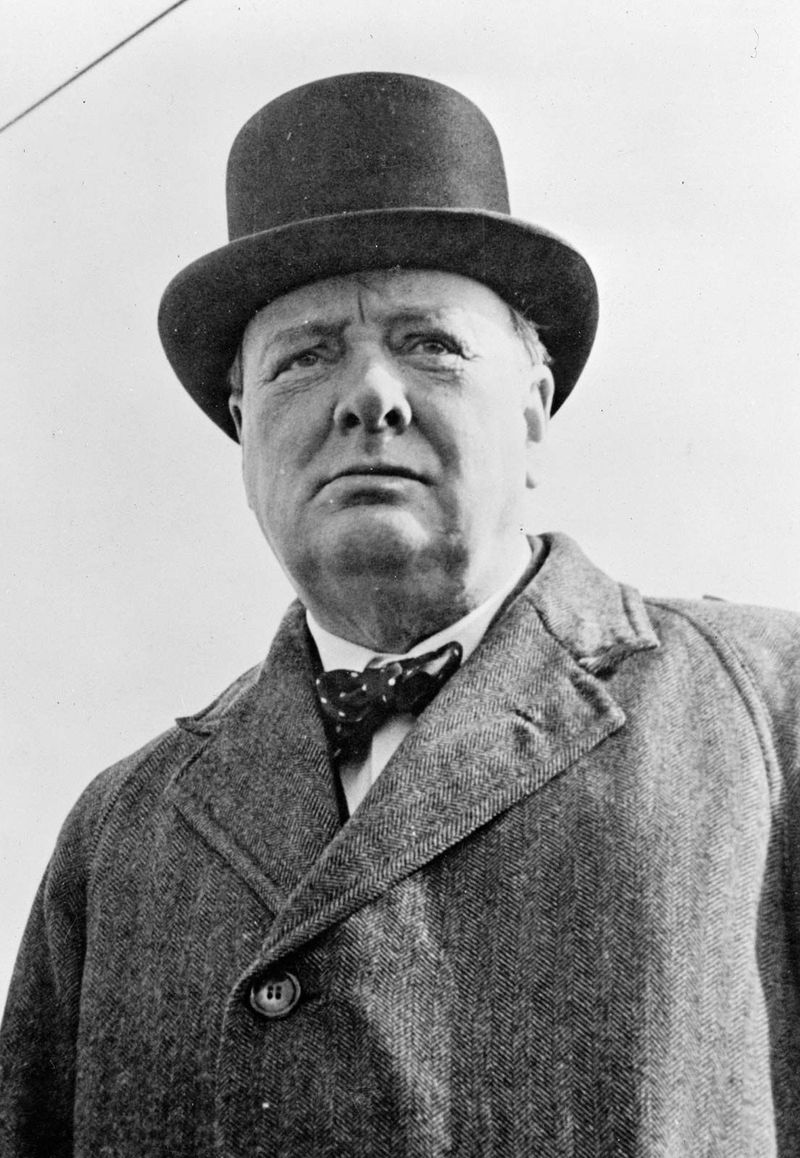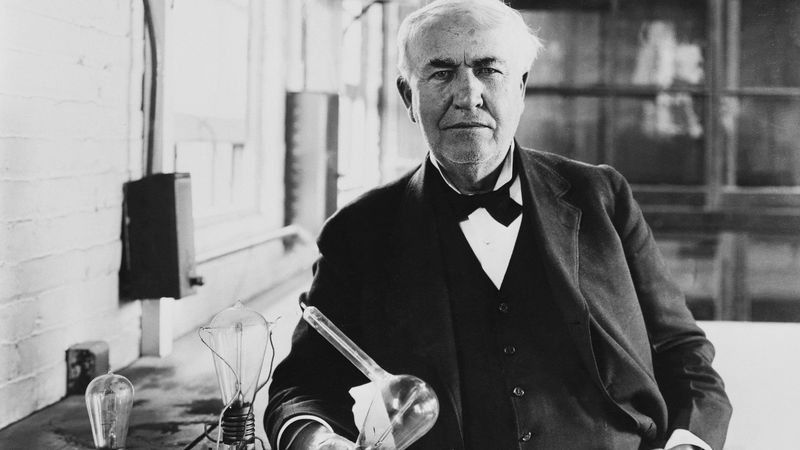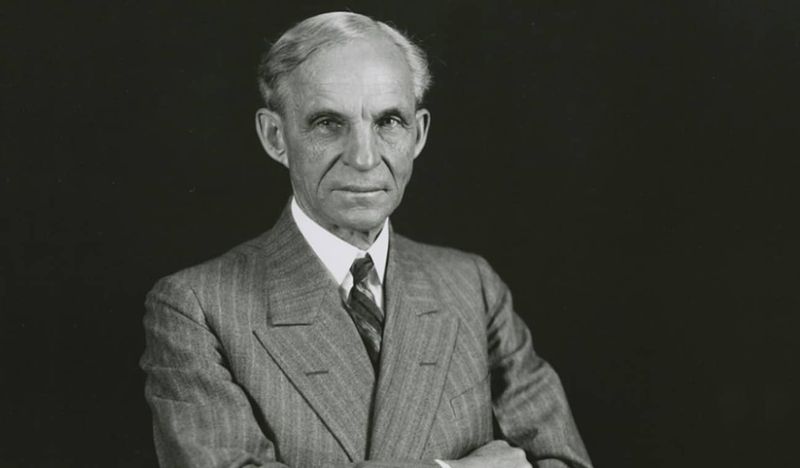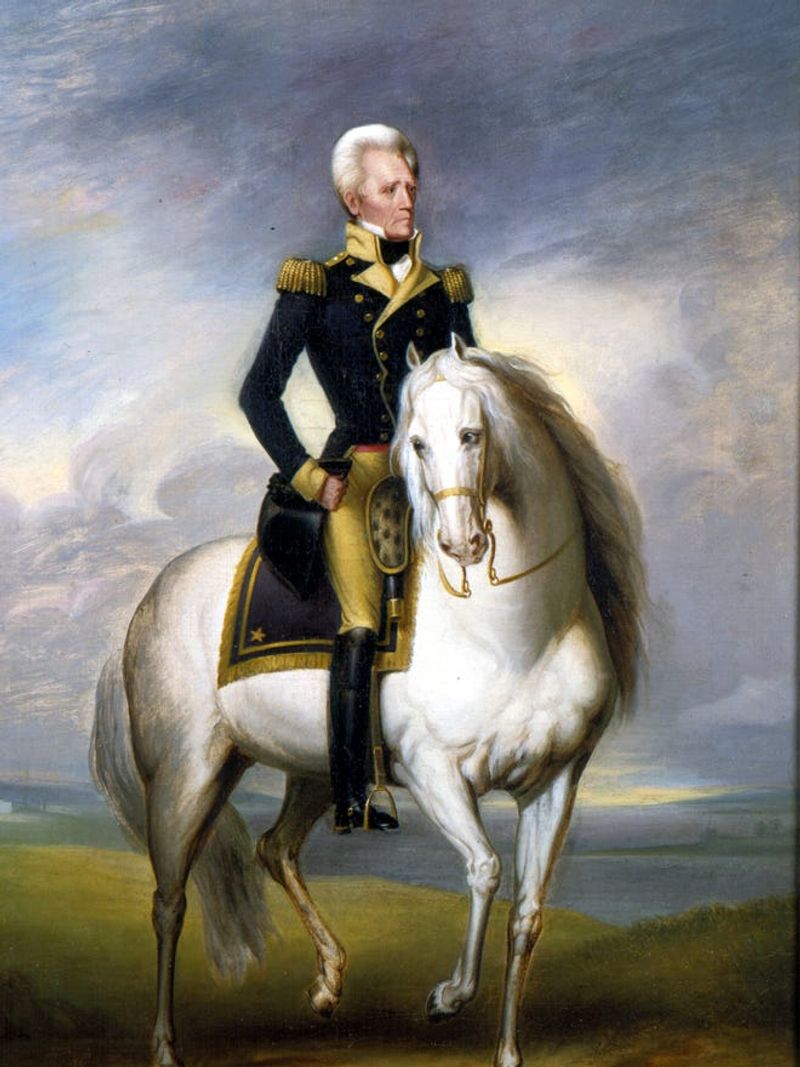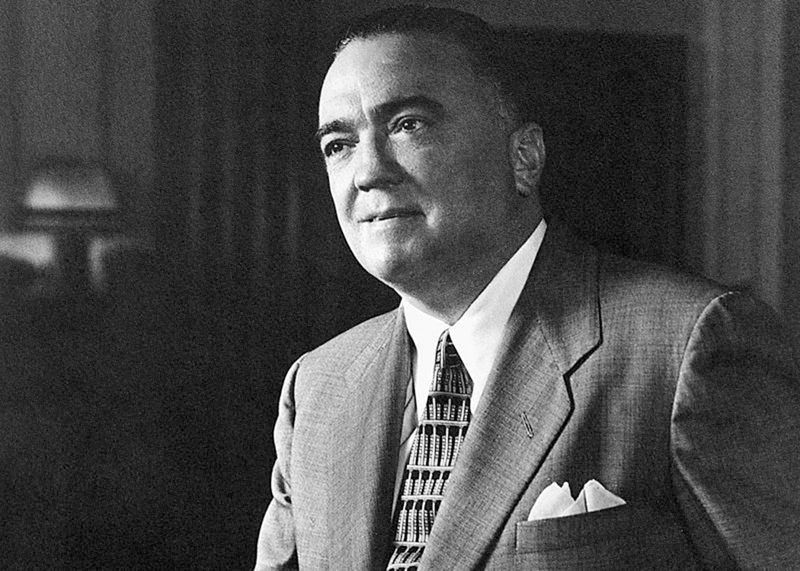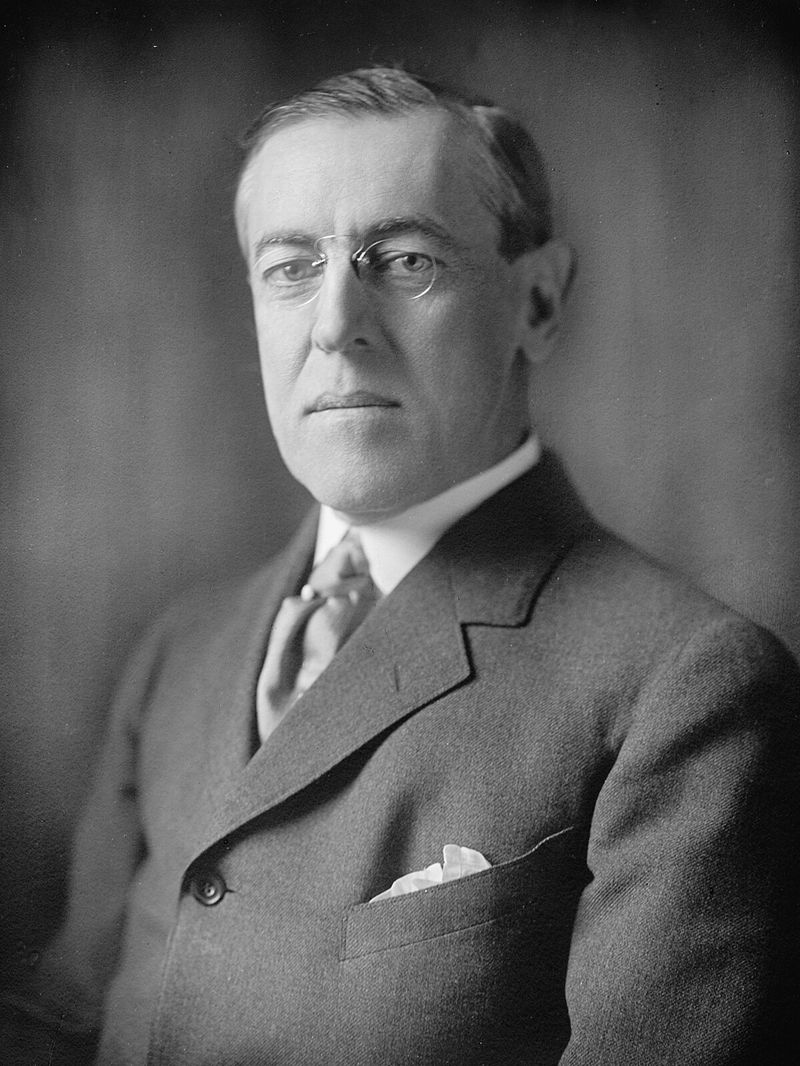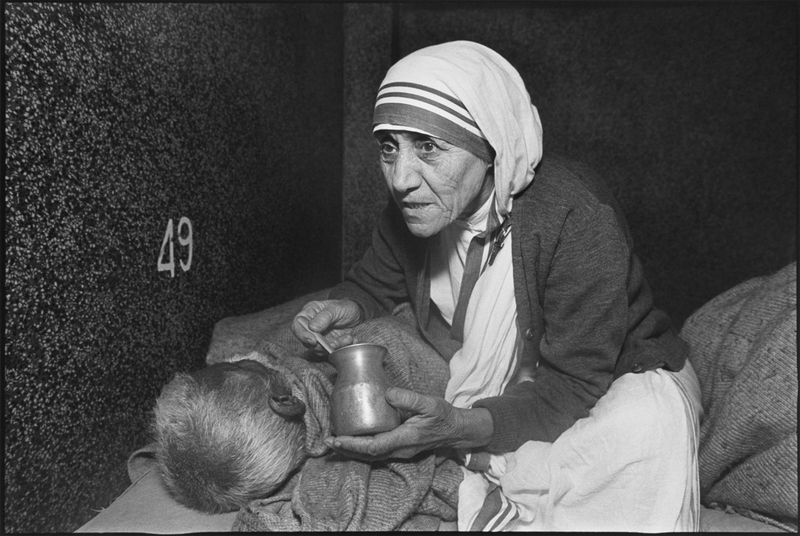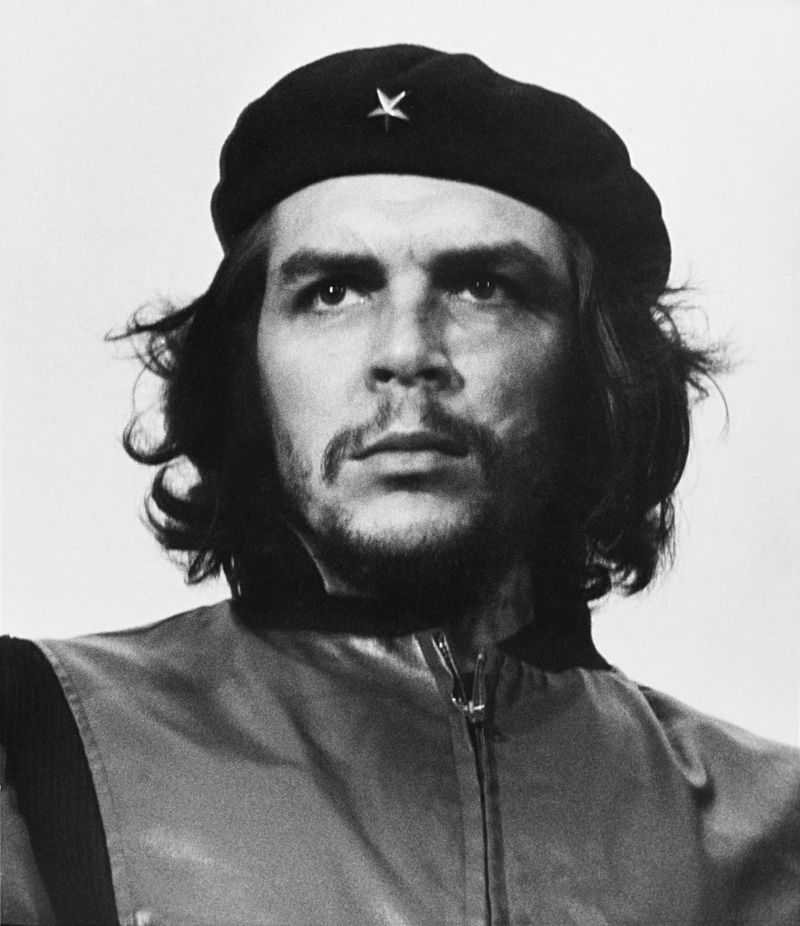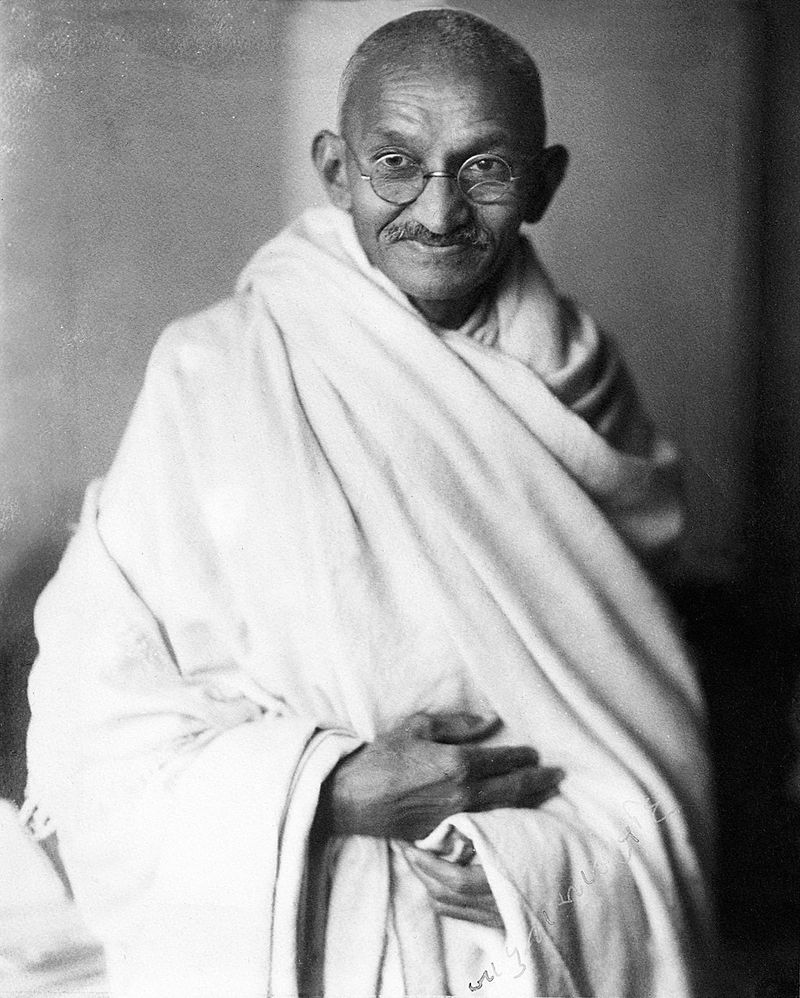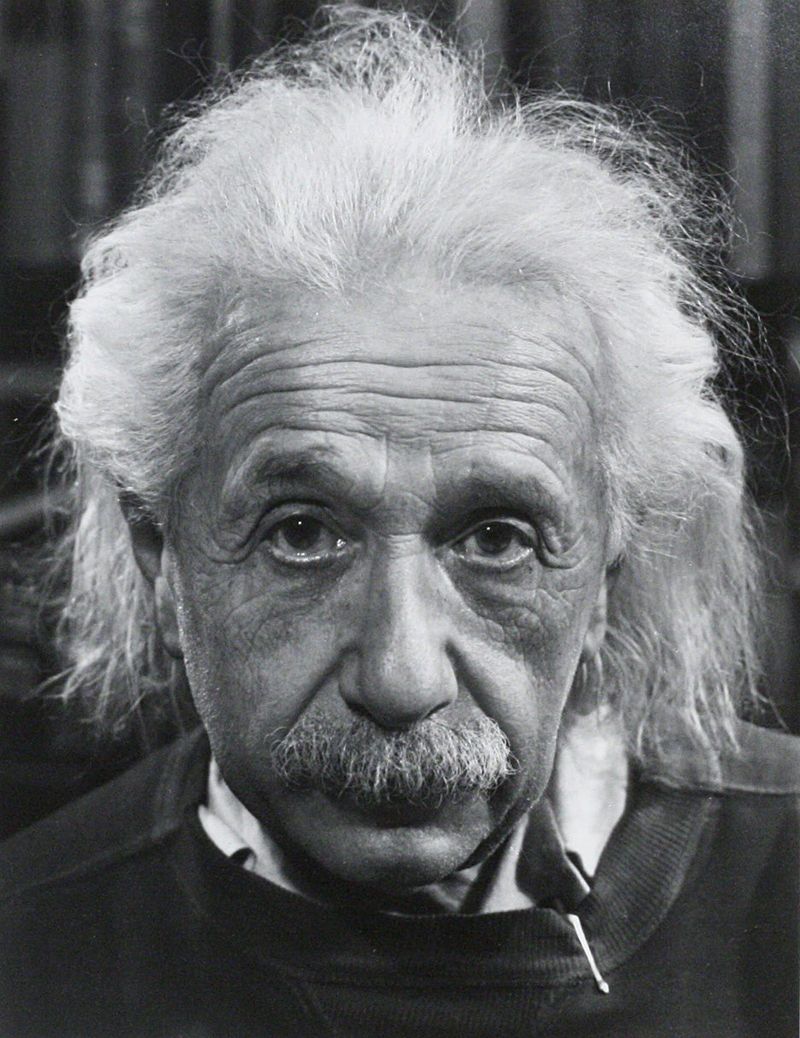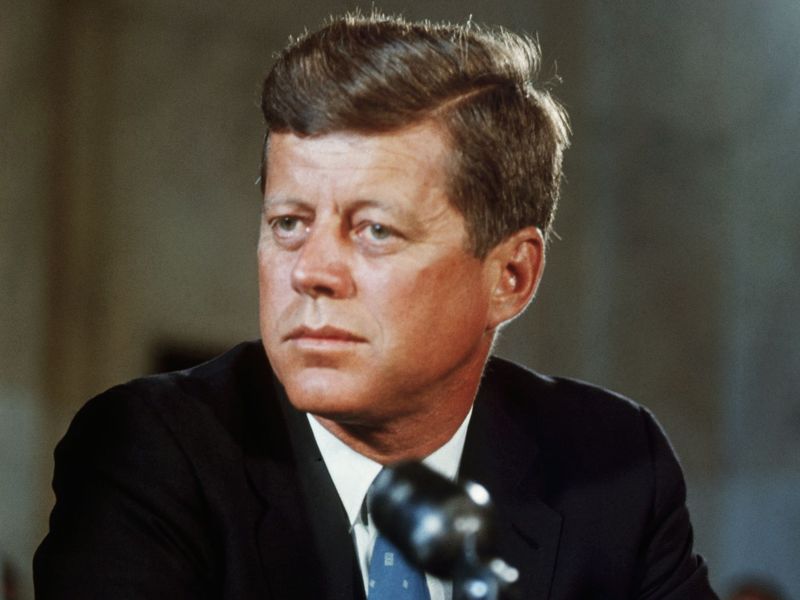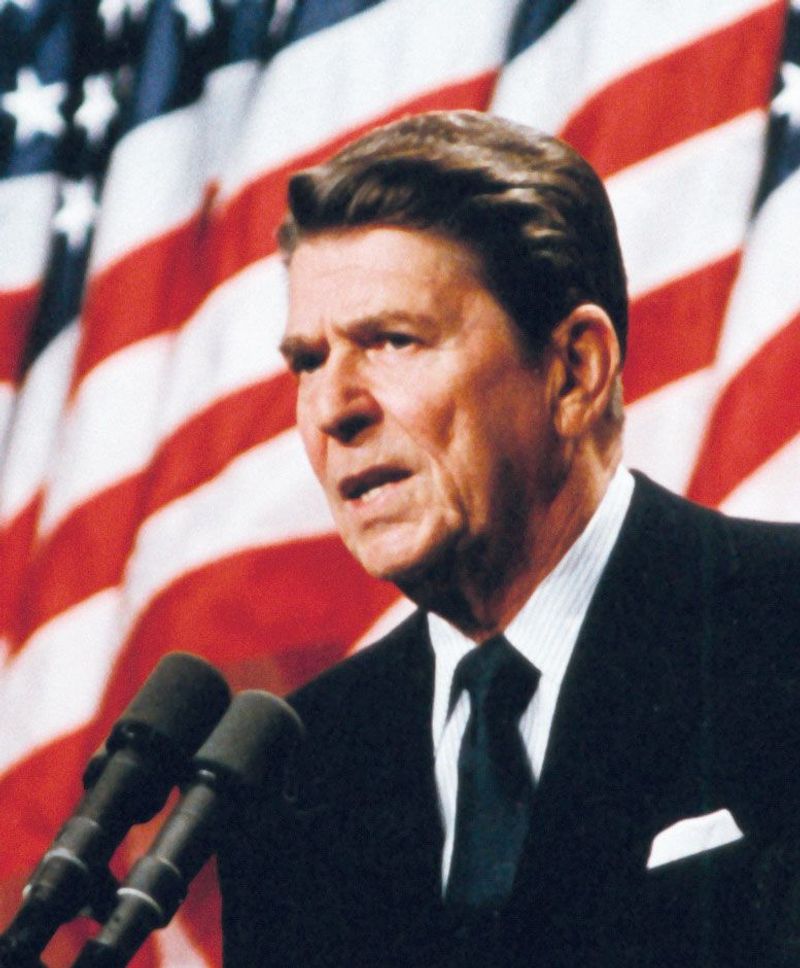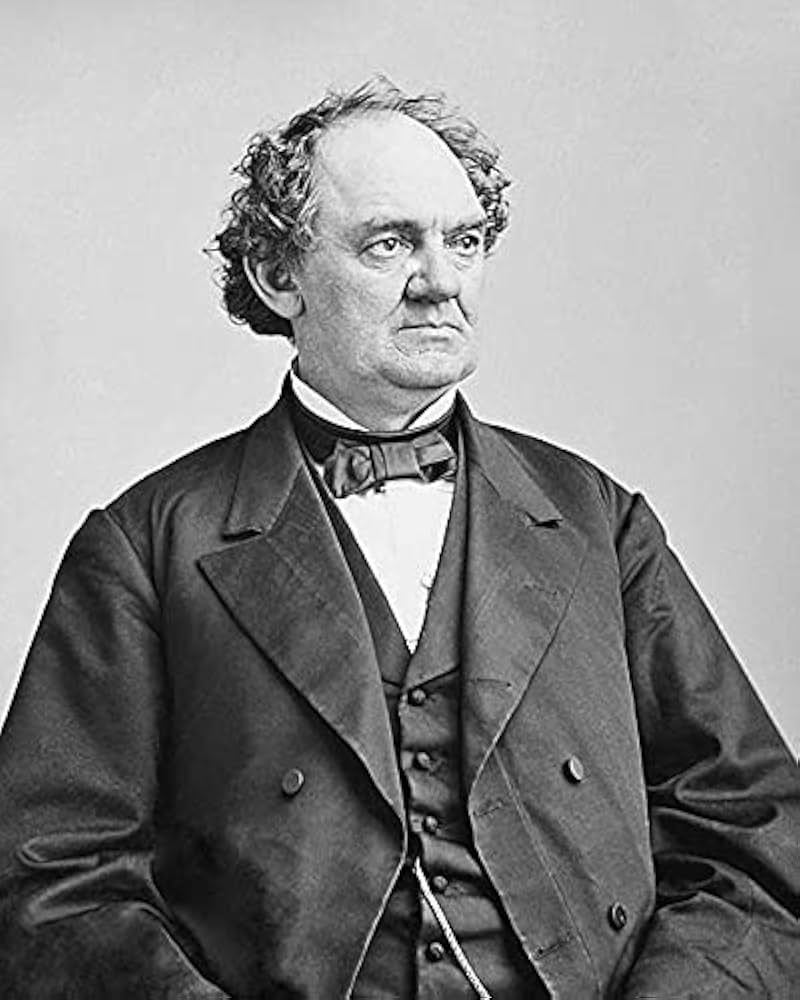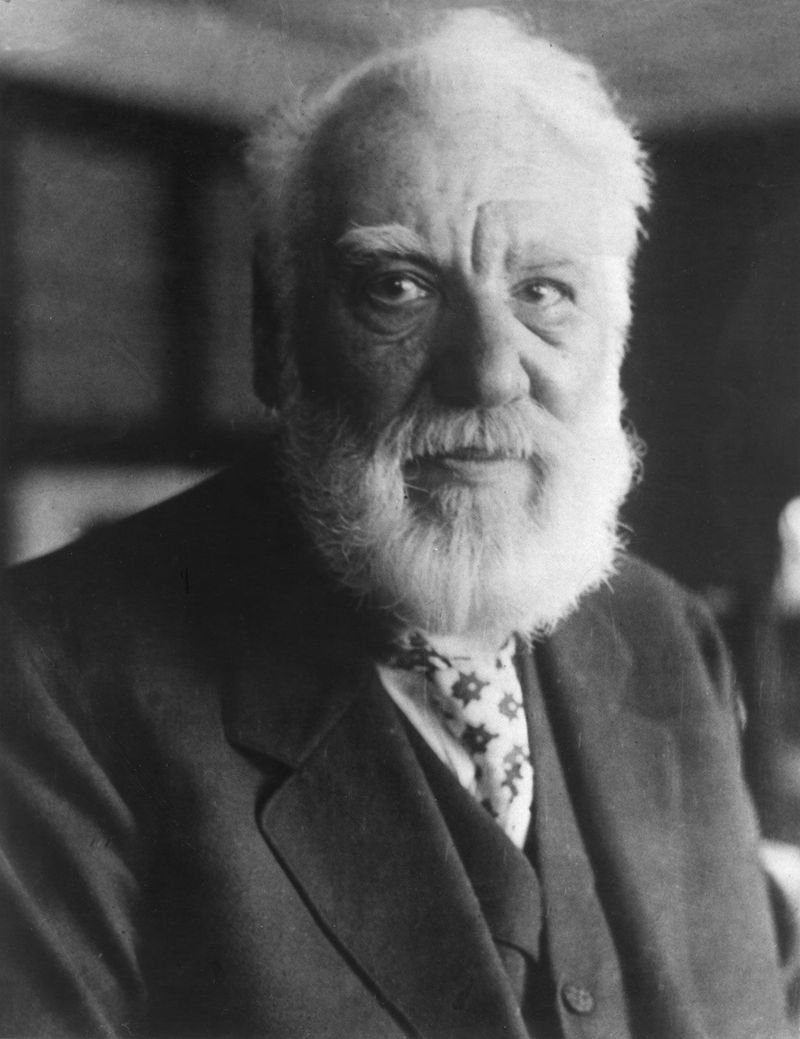Explore the fascinating duality of history’s figures in this blog post. Often seen as villains, many individuals were in fact heroes, while some celebrated heroes had darker sides. This post delves into 11 figures misunderstood as villains and 17 heroes with dubious legacies. Each entry blends historical context with a fresh perspective, encouraging readers to reconsider what makes a hero or a villain. Presented with engaging narratives, detailed descriptions, and vivid imagery, this post invites you to see these historical figures in a new light, challenging the conventional tales of heroism and villainy.
1. Cleopatra
Cleopatra, often painted as a manipulative seductress, was a ruler of remarkable intelligence. The last active Pharaoh of Egypt, she was multilingual and worked tirelessly to safeguard her nation’s independence. Her alliances and relationships with powerful Roman figures were strategic moves intended to preserve Egypt’s sovereignty. While Roman historians demonized her for these alliances, she was a figure of empowerment and resilience. Cleopatra’s efforts to maintain her country’s cultural identity amid external pressures reveal a leader far more complex than the villainess of legend.
2. Marie Antoinette
Marie Antoinette is often remembered for the phrase “Let them eat cake,” although she never actually uttered those words. This misattribution exemplifies how she became a scapegoat for France’s financial woes. In reality, she was a compassionate woman who donated to the poor and sought to influence her husband towards more progressive policies. Her life, marked by opulence due to her royal status, was also deeply misunderstood and misrepresented. Her downfall was less about personal failings and more about political machinations and public misconceptions.
3. Napoleon Bonaparte
Napoleon Bonaparte is often seen as a ruthless conqueror, but his legacy includes significant contributions to modern governance. He implemented the Napoleonic Code, which reformed legal systems across Europe and remains a foundation for many countries’ legal frameworks today. His vision of streamlined bureaucratic processes and merit-based advancement influenced European societies deeply. Though his military campaigns brought turmoil, his reforms in education, civil administration, and law reveal a complex leader who sought to build an enduring legacy beyond the battlefield.
4. Caligula
Caligula’s reign has been shrouded in tales of madness and cruelty, but much of this narrative stems from the biases of Roman historians. While he was unpopular among the Roman elite, his policies aimed to assert the emperor’s authority and introduce reforms. Caligula’s actions, often deemed erratic, were in part reactions to the intense political pressure he faced. The stories of his alleged insanity may have been exaggerated to discredit his rule. In truth, Caligula’s reign was a complex interplay of reform and resistance against entrenched power structures.
5. Vlad the Impaler (Dracula)
Vlad the Impaler, known for his brutal methods, is often linked to the Dracula myth. However, his reign was marked by a fierce defense of Wallachia against Ottoman invasions. His harsh tactics, while extreme, were seen as a necessary means of maintaining independence and stability. Vlad’s actions, demonized by enemies, were strategic choices to protect his homeland and instill order during tumultuous times. His reputation, though shrouded in horror, reflects a leader faced with the harsh realities of defending a small, vulnerable nation against a powerful empire.
6. Richard III
Richard III is often depicted as a murderous villain, primarily due to Shakespeare’s portrayal. However, historical evidence does not conclusively prove he killed his nephews. As king, Richard III introduced reforms aimed at improving the justice system and supporting the common people. His efforts to stabilize the kingdom during his short reign reflect a complex character often overshadowed by myth. Richard’s policies and attempts at fair governance present a narrative of a reformist monarch, challenging the image of the deformed villain popularized by literature and drama.
7. Lucrezia Borgia
Lucrezia Borgia’s name is synonymous with poison and scandal, but much of her infamy stems from political propaganda. As a member of the powerful Borgia family, she was often used as a pawn in her family’s political maneuvers. Despite these associations, Lucrezia was a notable patron of the arts and a well-educated woman of the Renaissance. Her support for artists and scholars highlights a cultural sophistication often overshadowed by rumors of intrigue and treachery. Lucrezia’s legacy, though controversial, speaks of a woman navigating complex power dynamics.
8. Emperor Nero
Emperor Nero is infamous for allegedly ‘fiddling while Rome burned’, yet this story is largely a fabrication. Nero was not in Rome during the fire, and he actually led efforts to rebuild the city and provide relief to its citizens. His reign saw significant cultural patronage and architectural innovation, reflecting his vision for a revitalized Rome. Nero’s negative portrayal stems from political opposition and biased historical accounts. His legacy, while controversial, includes contributions to Rome’s cultural landscape, challenging the simplistic narrative of a tyrannical despot.
9. Catherine the Great
Catherine the Great has been marred by rumors of tyranny and scandal, yet her reign was marked by significant achievements. She expanded Russia’s borders and was a proponent of Enlightenment ideals, promoting education and cultural development. Catherine’s efforts to modernize Russia involved reforms that strengthened the nation and enhanced its cultural stature. While her personal life attracted scandalous gossip, her impact as a ruler was profound, reflecting a commitment to progress and societal reform. Catherine’s legacy as a visionary leader remains influential in Russian history.
10. Benedict Arnold
Benedict Arnold is synonymous with treason in American history, yet he was once a celebrated war hero. His decision to betray the American cause stemmed from feelings of being underappreciated and mistreated by the Continental Congress. Arnold’s contributions to key battles were pivotal in the early successes of the Revolutionary War. His shift in allegiance was driven by complex personal and political factors, rather than mere greed. Arnold’s story highlights the thin line between heroism and betrayal, reflecting the tumultuous nature of revolutionary times.
11. Rasputin
Rasputin, the ‘mad monk’, is often viewed as a sinister influence over the Russian royal family. However, his story is one of mysticism and healing. Known for his alleged healing abilities, Rasputin was brought to the royal court to aid the Tsarevich Alexis, who suffered from hemophilia. His influence, though significant, was often exaggerated by those who sought to undermine the Romanovs. Rasputin’s life, shrouded in mystery and controversy, reveals a figure caught between myth and reality, his legacy entwined with the fall of imperial Russia.
1. Christopher Columbus
Christopher Columbus is hailed as the discoverer of America, yet his voyages led to the oppression and decimation of Indigenous populations. His expeditions, backed by Spanish monarchs, initiated European colonization of the Americas. Columbus’s encounters with native peoples were marked by violence, enslavement, and exploitation. While his navigational achievements are significant, the impact of his actions cast a long shadow over his legacy. Columbus’s story is a complex tapestry of exploration and imperialism, revealing the darker side of a figure often idealized in Western history.
2. Winston Churchill
Winston Churchill is celebrated for his leadership during WWII, yet his policies also had dire consequences. As Prime Minister, he was instrumental in Britain’s resistance against Nazi Germany. However, his role in the Bengal Famine, where millions perished, and his colonial mindset have drawn criticism. Churchill’s speeches inspired resilience, but his legacy is marked by complexities reflecting both heroism and controversy. His life, a blend of triumph and tragedy, underscores the dual nature of historical figures whose actions reverberate through time.
3. Thomas Edison
Thomas Edison is often revered as a prolific inventor, yet his legacy includes contentious practices. Known for the lightbulb and phonograph, his work revolutionized technology. However, his business tactics, including patent disputes and the infamous animal electrocutions to discredit Tesla’s AC, cloud his reputation. Edison’s drive for success often led to ethical oversights. His story exemplifies the complexities of innovation and competition, where genius intertwines with ambition. Edison’s impact on modern life is undeniable, but his methods continue to spark debate about the cost of progress.
4. Henry Ford
Henry Ford revolutionized the automotive industry with the introduction of assembly line production, making cars affordable for many. However, his legacy is tarnished by his antisemitic views and connections to Nazi sympathizers, raising ethical concerns. Ford’s innovation in manufacturing changed economies worldwide, yet his personal beliefs cast shadows on his accomplishments. His story is one of technological triumph mingled with moral controversy. Ford’s influence on industry remains significant, but his prejudiced views serve as a reminder of the ethical responsibilities accompanying great power.
5. Andrew Jackson
Andrew Jackson is celebrated as a populist president and military hero, yet his policies towards Native Americans were devastating. His support for the Indian Removal Act led to the Trail of Tears, where thousands of Indigenous peoples were forcibly relocated. Jackson’s presidency was marked by a strong stance against elitism, but his actions also reflected a brutal disregard for Indigenous rights. His legacy is a complex interplay of democratic expansion and moral failing. Jackson’s role in American history is contested, symbolizing the dualities of leadership and injustice.
6. J. Edgar Hoover
J. Edgar Hoover served as the first Director of the FBI, hailed for building a modern federal investigative agency. However, his tenure was marked by controversial practices, including surveillance and blackmail against civil rights leaders. Hoover’s COINTELPRO initiatives targeted political dissidents, reflecting a legacy of secrecy and control. His influence on American law enforcement is substantial, but his methods have been criticized for violating civil liberties. Hoover’s story exemplifies the tension between national security and individual rights, a paradox of protection and persecution.
7. Woodrow Wilson
Woodrow Wilson, a progressive president, is known for establishing the League of Nations and championing reforms. Yet his legacy is marred by racial segregation policies and praise for the Ku Klux Klan. Wilson’s presidency included significant advancements in labor rights and women’s suffrage, but his racial views starkly contrast with his progressive reputation. His story is a blend of forward-thinking ideals and regressive actions, reflecting the complexities of societal progress. Wilson’s influence on international relations and domestic policy remains significant, yet deeply conflicting.
8. Mother Teresa
Mother Teresa is celebrated as a saintly caregiver to the poor, yet her methods have faced scrutiny. Her emphasis on glorifying suffering and reluctance to administer pain relief have drawn criticism. Despite receiving substantial donations, her facilities often lacked adequate medical care. Mother Teresa’s life was dedicated to serving the impoverished, but her approach raises questions about the ethics of caregiving. Her legacy is one of devotion intertwined with controversy, reflecting the complexities of sainthood and service. Her story continues to evoke debate on the nature of compassion and aid.
9. Che Guevara
Che Guevara, an iconic revolutionary, is celebrated for his role in the Cuban Revolution. Yet, his legacy includes executions without trial and oppressive measures against perceived enemies. His commitment to Marxist ideals inspired many, but his methods reveal a darker side of revolutionary zeal. Guevara’s life is a narrative of idealism intertwined with violence, reflecting the harsh realities of revolutionary change. His image endures as a symbol of rebellion, but his actions underscore the complexities of ideological purity and human rights. Guevara’s legacy remains polarizing, embodying both inspiration and contention.
10. Mahatma Gandhi
Mahatma Gandhi is revered as a leader of peaceful resistance, yet his legacy includes controversial personal beliefs and actions. Known for his role in India’s independence movement, Gandhi’s philosophy of non-violence inspired change. However, his views on race and his personal experiments with celibacy have been criticized. Gandhi’s life is a tapestry of revolutionary ideals and human frailty, reflecting the complexities of moral leadership. His influence on civil rights and decolonization is profound, yet his story is one of contradictions, challenging the simplicity of saintly narratives.
11. Albert Einstein
Albert Einstein, celebrated for his contributions to physics, is often seen as a symbol of genius. However, his personal life was marked by tumultuous relationships and neglect of familial duties. His groundbreaking work on relativity reshaped scientific understanding, yet his personal choices reflect the complexities of human behavior. Einstein’s story is a blend of intellectual triumph and personal shortcomings, exemplifying the dual nature of genius and fallibility. His legacy in science and philosophy endures, but his personal narrative offers a nuanced view of a figure revered for his intellect.
12. Walt Disney
Walt Disney, a pioneer in animation, created a legacy of imagination and storytelling. Yet, his life included allegations of antisemitism and union-busting. Disney’s work revolutionized entertainment, bringing joy to millions, but his personal beliefs and business practices have sparked debate. His story is one of creativity intertwined with controversy, reflecting the complexities of artistic innovation. Disney’s influence on culture is profound, yet his legacy is marred by ethical questions. His narrative exemplifies the tension between visionary art and personal ideology, embodying both inspiration and critique.
13. Lyndon B. Johnson
Lyndon B. Johnson, known for his role in civil rights legislation, also escalated U.S. involvement in the Vietnam War. His presidency was marked by significant social reforms, including the Civil Rights Act and the Great Society programs. However, his foreign policy decisions led to widespread conflict and controversy. Johnson’s story is a blend of progress and turmoil, reflecting the complexities of leadership in turbulent times. His legacy in American politics is substantial, yet deeply ambivalent. Johnson’s narrative embodies both the achievements and challenges of transformative governance.
14. John F. Kennedy
John F. Kennedy is remembered for his charismatic leadership and the idealistic vision of ‘Camelot’. Yet, his presidency was marred by personal scandals and political challenges. Known for advancing civil rights and space exploration, Kennedy also faced criticism for escalating the Vietnam conflict. His life is a narrative of charm intertwined with complexity, reflecting the dualities of public service and private indiscretions. Kennedy’s assassination left a legacy of intrigue and speculation, underscoring the enigmatic nature of his presidency. His story remains a captivating blend of inspiration and controversy.
15. Ronald Reagan
Ronald Reagan is celebrated for his role in ending the Cold War and revitalizing the U.S. economy. However, his presidency is also associated with the controversial Iran-Contra affair, the war on drugs, and neglect of the AIDS crisis. Reagan’s leadership style was marked by optimism, yet his policies led to significant social and political implications. His legacy is a mix of economic triumph and contentious decisions, reflecting the complexities of modern governance. Reagan’s story is a narrative of ambition and consequence, highlighting both the achievements and criticisms of his administration.
16. P.T. Barnum
P.T. Barnum, known as the ‘greatest showman’, revolutionized entertainment with his circus empire. However, his legacy includes the exploitation of people with disabilities and the promotion of racist exhibits. Barnum’s flair for showmanship created a spectacle that captivated audiences, yet his methods raise ethical concerns. His story is a blend of innovation and exploitation, reflecting the dualities of entertainment and morality. Barnum’s influence on popular culture is undeniable, yet his legacy is marred by the ethical implications of spectacle. His narrative exemplifies the tension between creativity and exploitation.
17. Alexander Graham Bell
Alexander Graham Bell is credited with inventing the telephone, yet his legacy includes disputes over patent rights and eugenics advocacy. His work revolutionized communication, connecting people across distances, but his personal beliefs about eugenics cast a shadow on his contributions. Bell’s story is one of ingenuity intertwined with ethical challenges, reflecting the complexities of innovation and ideology. His impact on technology is profound, yet his narrative includes contentious aspects that complicate his legacy. Bell’s life exemplifies the paradox of invention and morality, highlighting the ongoing conversation about the ethics of scientific advancement.
